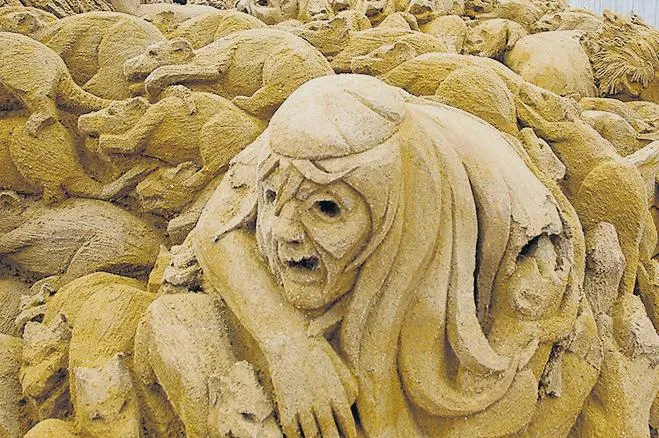As historians look at history, they seek to discern the forces or people that have shaped the past. My own historical convictions have led me to focus on people as the main actors on the stage of history, not economic force or ideologies per se. Yet, there is definitely a place to evaluate the impact of such forces as these, or that of pandemics.
For instance, consider the impact of pestilence on the forces of the Athenian Empire during the early stages of the Peloponnesian War with Sparta and her allies, a war made famous by the Greek historian Thucydides. The loss of the Athenian general Pericles (c.495‒429BC) to this plague may well have affected Athenian fortunes in that war. The conquest of the Aztec world by the Spaniard Hernán Cortés was largely facilitated by a smallpox epidemic that the Spanish conquerors brought with them and against which the Aztecs had no natural immunity.
The bubonic plague
Understandably, the church has not been unaffected by various epidemics/pandemics down through the years. In the 14th century, for instance, Europe experienced the devastation of the bubonic plague, which first reached Europe in 1348, and which carried away at least one third and possibly as many as 40% of the entire European population (which was around 25 million at the time). Episodes of the plague reoccurred down to the 17th century: in the 14th and 15th centuries alone there were recorded outbreaks in 1362, 1368, 1374, 1381, 1390, 1399, 1405, 1410, 1423, and 1429.










